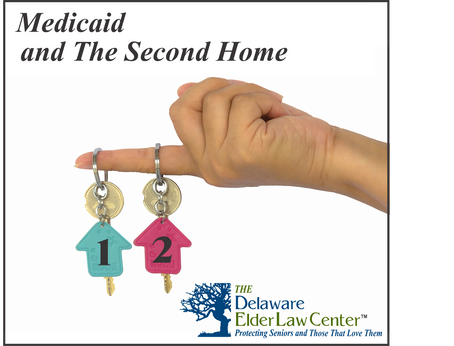A common scenario in Elder Law is where the applicant for Long Term Care Medicaid has an adult child living in a second home that they own, or owned in the past, in addition to their residence. This situation raises many different issues. If the applicant transferred title to the adult child, did the child pay full value or did the applicant gift the house to them? Any transfer of ownership for less than full market value within the five-year period leading up to the application date is a gift that creates a penalty period. The penalty is a waiting period during which the applicant has to self-pay for care before Medicaid will take over the payments.
Another scenario is that the applicant retains title, and an adult child resides in the second home. Often, this is the child’s main residence. The applicant typically intends to transfer ownership to that child in their will. For Medicaid financial qualification purposes, the applicant can own only one parcel of real estate. The second property is treated as excess. Generally, the property must be sold for full market value and the proceeds spent down to $2,000. There are situations where Medicaid will treat a sale for at least 2/3 of the appraised value as full market value (no offers for the appraised value).
The lesson here is that arrangements regarding ownership of a second home, which make perfect sense starting out, may have unforeseen consequences for Medicaid qualification down the road. Once the medical need for assistance with activities of daily living is established, the family should meet with an Elder Law attorney to discuss the ins and outs of Medicaid; this meeting should take place before the family starts paying a lot of money for care from savings.



